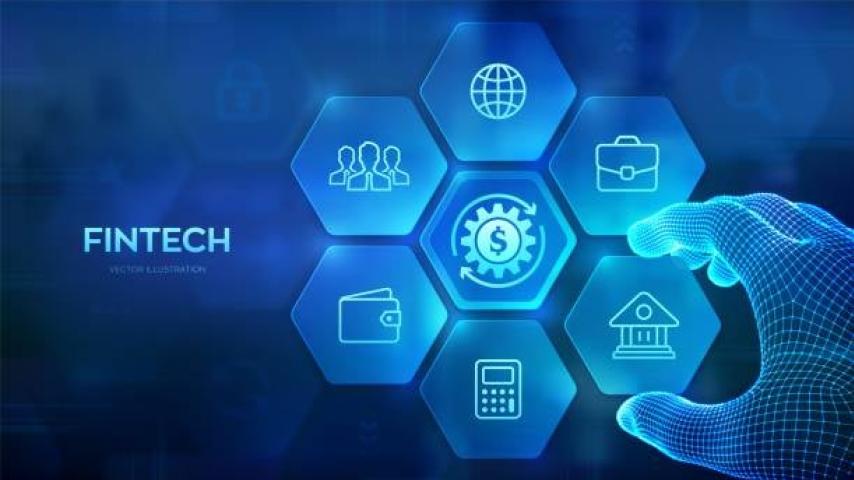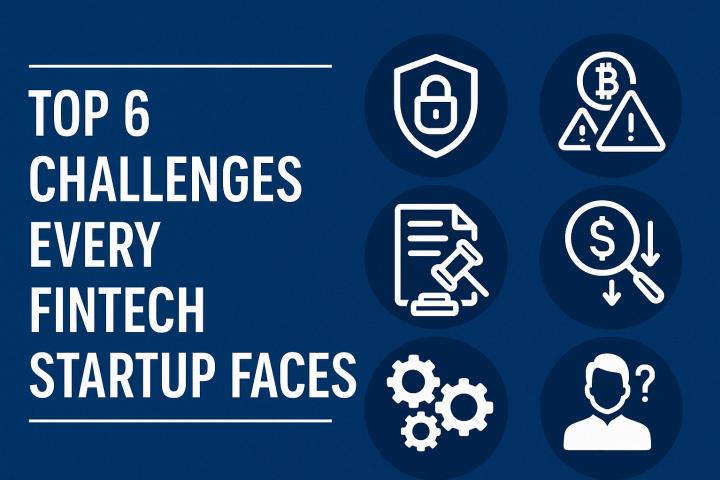The term fintech, short for financial technology, has become a cornerstone of innovation in modern finance. It refers to the integration of technology into financial services, offering enhanced accessibility, efficiency, and personalization for users. Fintech encompasses a wide range of applications, from digital payment systems and peer-to-peer lending platforms to investment management and blockchain-based solutions.
A Brief History of Fintech
The fintech movement gained momentum in the early 2000s as technological advances transformed traditional banking. What began with the rise of online banking soon expanded to include mobile payments, robo-advisors, and cryptocurrency exchanges. Fintech startups disrupted conventional models by prioritizing user-centric design, real-time access, and lower fees.
Key Features of Fintech
Fintech platforms excel in areas where traditional financial institutions often lag. Their agility allows them to experiment with new technologies such as artificial intelligence (AI) for fraud detection, machine learning for credit scoring, and blockchain for secure transactions. These innovations offer faster and more inclusive services, enabling even unbanked populations to access financial tools.
The Role of Cryptocurrencies in Fintech
One of the most transformative aspects of fintech is the rise of cryptocurrencies and blockchain technology. Cryptocurrencies like Bitcoin, Ethereum, and others have challenged traditional monetary systems by introducing decentralized and borderless digital assets. Fintech platforms leveraging cryptocurrencies offer several advantages:
- Lower transaction costs: Cross-border payments with cryptocurrencies bypass intermediaries, reducing fees.
- Speed: Blockchain-based systems enable near-instant transfers compared to traditional banking processes.
- Transparency and security: Blockchain’s immutable ledger ensures trust and reduces fraud risks.
Fintech startups are also exploring stablecoins—cryptocurrencies pegged to stable assets like fiat currencies—to address volatility concerns. Additionally, decentralized finance (DeFi) applications are democratizing access to services like lending, borrowing, and earning interest without the need for banks.
Benefits and Challenges
The growth of fintech has led to numerous benefits, including:
- Increased accessibility: Mobile apps and digital platforms allow users to manage finances anytime, anywhere.
- Cost-efficiency: Lower operational costs translate to reduced fees for consumers.
- Personalization: AI-driven insights provide tailored financial advice and solutions.
However, fintech also faces challenges such as regulatory scrutiny, cybersecurity risks, and competition from established financial giants. Ensuring trust and maintaining compliance with global financial laws are critical for sustained growth.
The Future of Fintech
As fintech continues to evolve, the integration of emerging technologies like quantum computing and decentralized finance (DeFi) will shape the next wave of innovation. Collaboration between startups and traditional banks is also expected to bridge the gap between legacy systems and cutting-edge solutions, fostering a more inclusive financial ecosystem.
Fintech is not just a buzzword—it's a revolution redefining how individuals and businesses interact with money. For startups venturing into this domain, understanding its dynamics and potential is essential for staying ahead in a competitive landscape.










